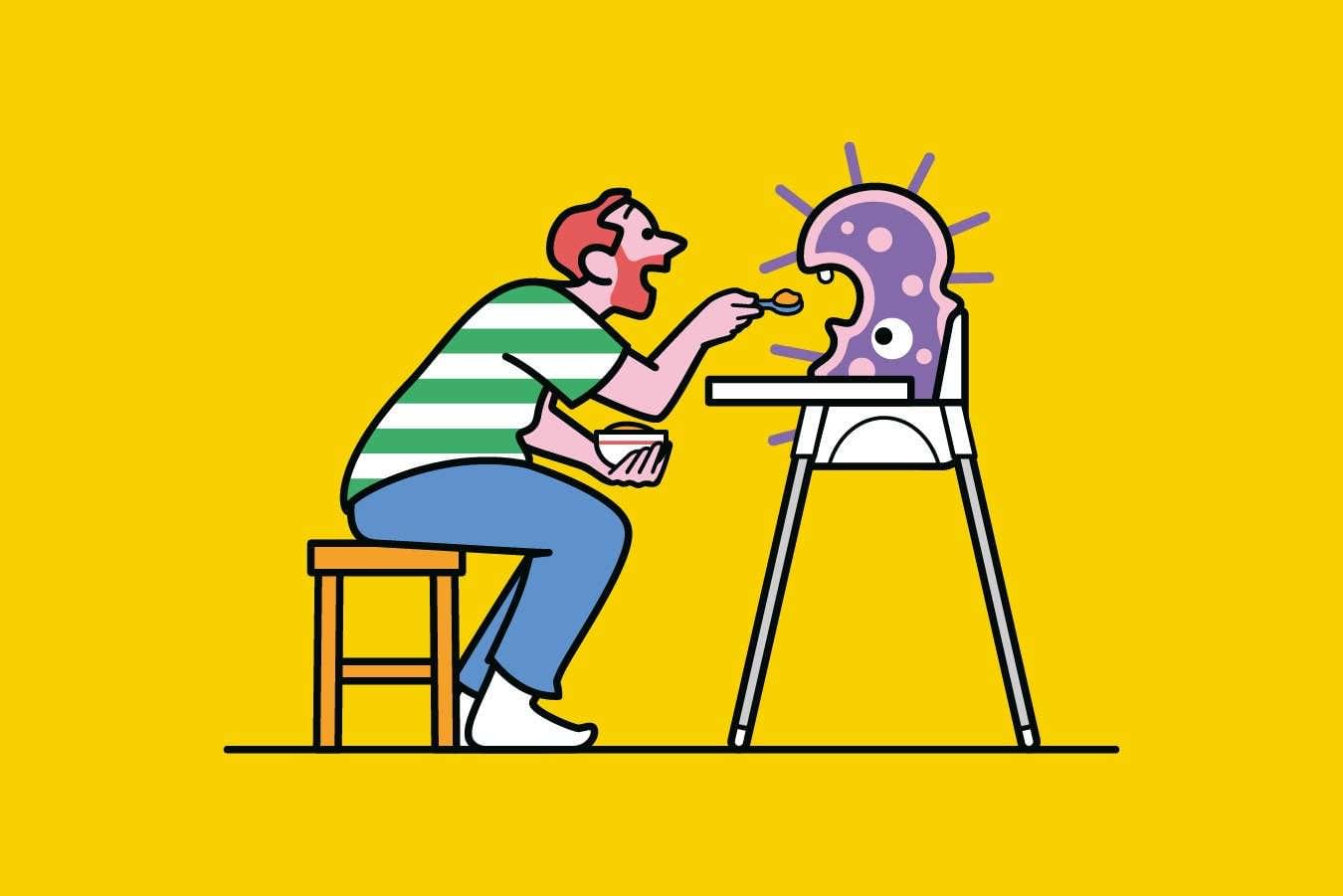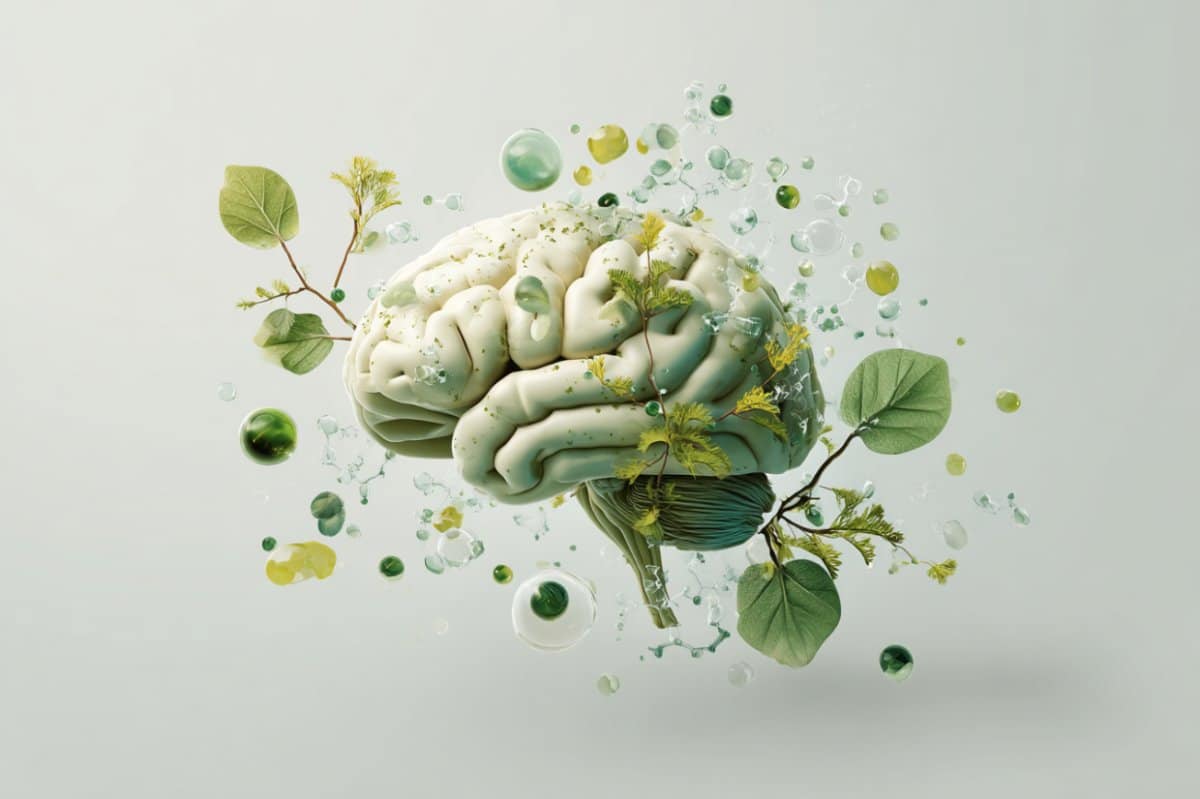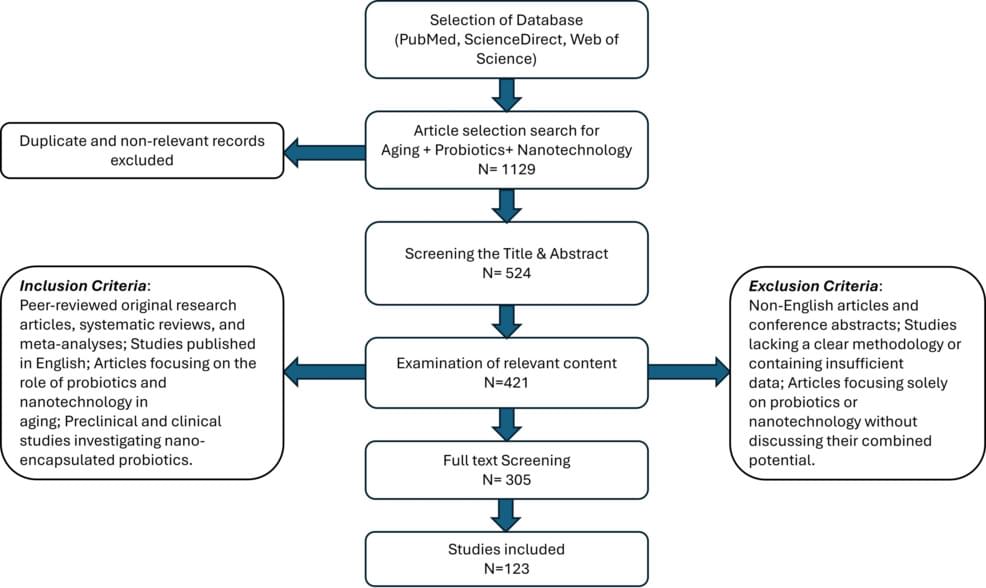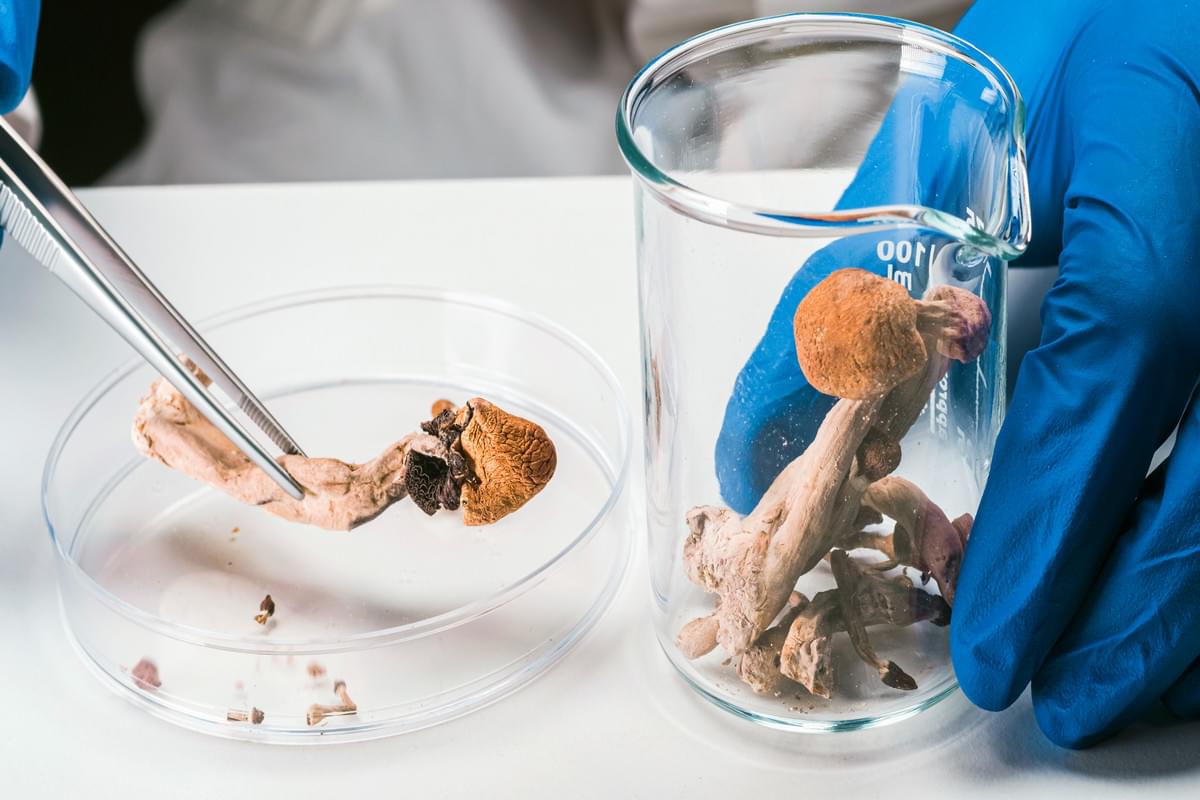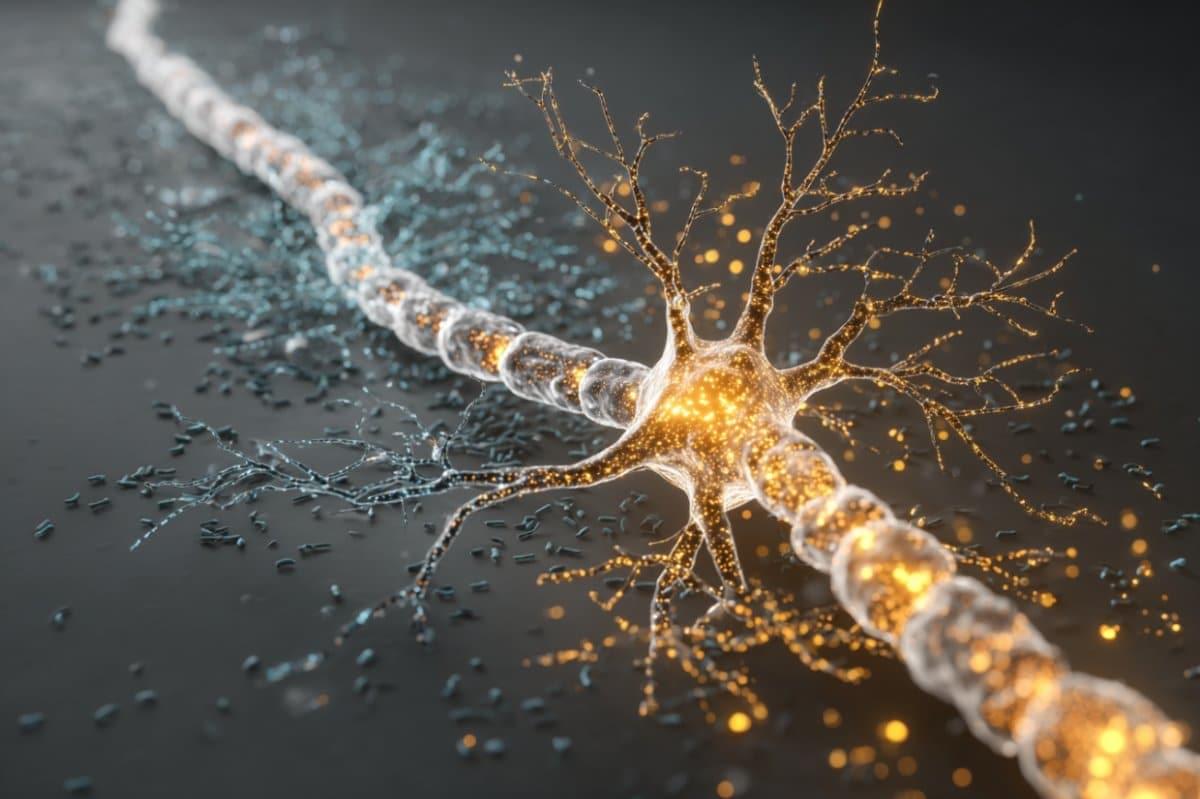A low-dose long-term administration of cannabis can not only reverse aging processes in the brain, but also has an anti-aging effect. Researchers from the University Hospital Bonn (UKB) and the University of Bonn together with a team from Hebrew University (Israel) have now been able to show this in mice. They found the key to this in the protein switch mTOR, whose signal strength has an influence on cognitive performance and metabolic processes in the entire organism. The results are now presented in the journal “ACS Pharmacology & Translation Science”
Some of these cookies are necessary and are used to help make our site work. With your consent, we will also use cookies to improve your experience, analyse site usage and assist in our marketing efforts. By clicking ‘Accept all’, you consent to our use of cookies.

